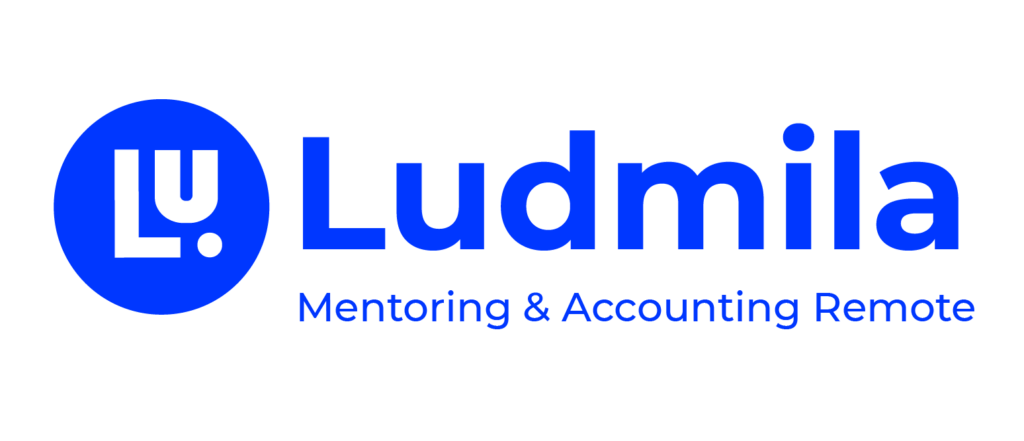FAQs
These are questions for PORTUGAL MARKET. Some of the many questions that we are asked and that I hope I can clarify. If somehow you don't find the answer you are looking for here, contact us.
A session is held, the situation is assessed, an activity is opened with IT, the most appropriate regime is chosen, and then with my monitoring, the client can learn to carry out his obligations alone or delegate to my team.
The main taxes that are always associated with a business activity are;
Social Security
IRS
Of course, there are specific methods and rules for calculating this type of tax.
Each case is different, one thing is certain, we all have to pay these taxes, some more or less.
It depends, if you are in the article 53 exemption regime NO, if you are in the VAT regime and if you are a VAT taxable person you do not charge either. Only if you are a private individual do you have to pay VAT at the current rate
The amount you have to pay IRS at the end of the year depends on several factors, namely:
Type of income you earn and respective amounts
Household (if you have children)
If you are the only holder to have income0
If during the year you do withholding or payments on account
if you don’t do withholding at source, this factor also has a lot of influence
The collection deductions
What percentage of your annual income is subject to tax this has to do with your activity coefficient which can be 75% to 35% or 15%
Accounts made it’s quite complicated to be able to immediately understand what you’re going to pay at the end of the year nothing that a simulation won’t help once again I say on a case by case basis
The net value is not an easy calculation either, but we can have an approximate idea of how much money on our pocket we can have.
Let’s do a practical example
Monthly amount I receive 5000 €
Let’s assume that I have already paid social security, I deduct the amount of €561.75
Self-employed insurance costs between 40 to 50 € per month
Courses with accounting between 50 to 70 € per month
IRS estimated through a simulation, calculates the annual value and divides it by 12 and imputes a part to each of the months
You will deduct all these costs and others that you consider relevant to your monthly amount and thus you will be able to obtain a net
To apply, you have to become a resident in PT, have a VAT number and password, carry out an activity with high added value, and thus be able to have this status for 10 years at a rate of 20%.
Being a resident in Portugal, we all have an obligation to declare our income earned here and outside our country
The declaration of our income is made every year between the months of April and June through the IRS model 3 declaration.
It is in this statement that you will memorize all the income you have from different categories.
You’re Portuguese you’re returning to our country again you want to open activity in Portugal or set up a company you can.
You are a foreigner and I decided
You work in a company, but you want to have your own business, you can
You’ve never worked, you have no idea what it’s like to have your own business, but you want to be able to
As you can see, anyone can open a business in Portugal as long as they have all the requirements, namely tax number, address, documentation, business idea and performance of an activity.
you have to be resident in Portugal
you cannot earn more than 200000 EUR per year
If you need it, I’ll give you a simple, practical and cheap discount code I use that one and I’m satisfied there’s good support they help when needed and there’s a lot of information on the site that helps so I’m satisfied he is the support
first you have to have a certified accountant it is mandatory
Larger and more costly activities are generally suitable
If you have expenses greater than 25% of your income, it is more compensatory
expenses are all considered as costs (expenses related to vehicles, fuel, travel, depreciation and amortization, travel, stays, fines and fines, expenses for the residence of the activity, bank loans, accounting, personnel expenses, supplies and external services, among others )
In short, profit is determined through sales minus expenses.


